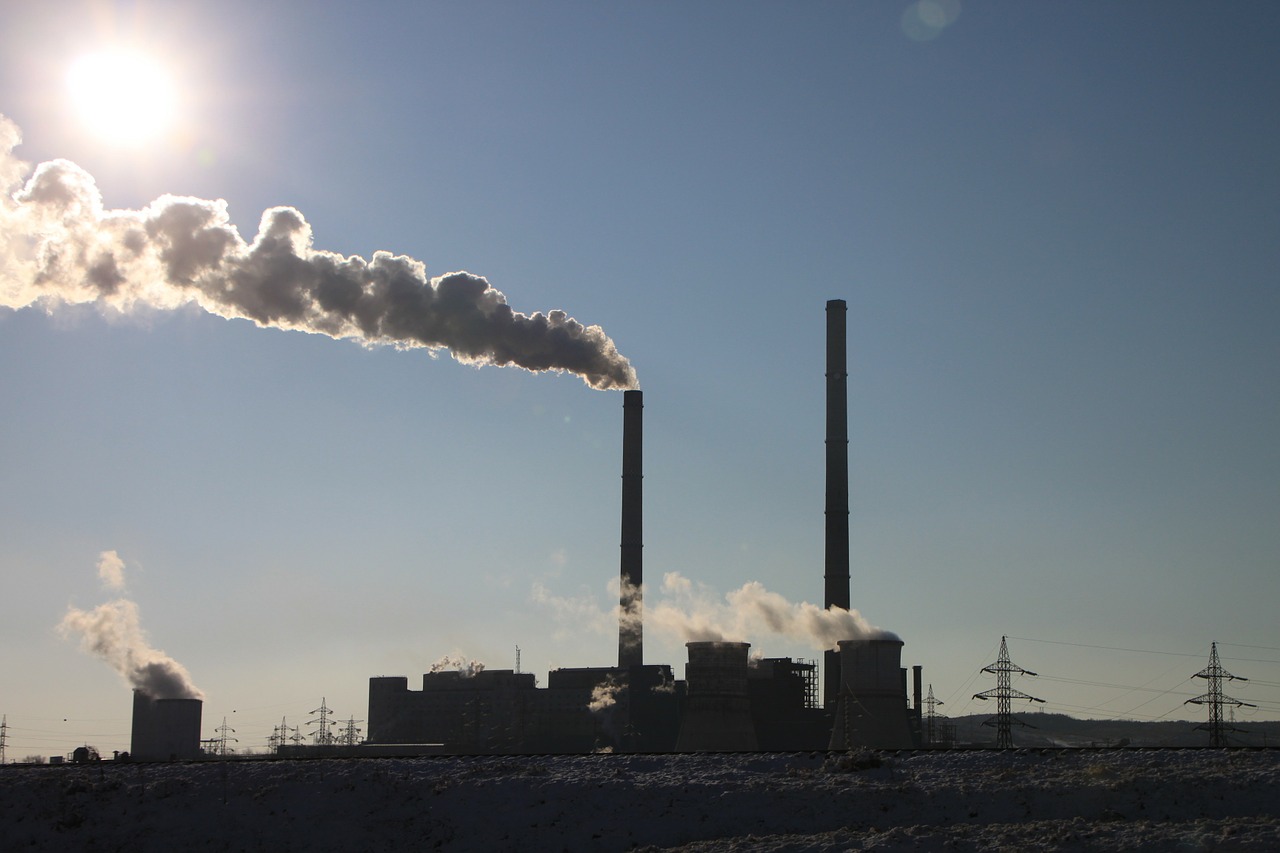Low carbon-emitting technologies crucial to address climate change: WEF paper
It highlights various promising LCETs, offering significant decarbonization opportunities not only to the chemical sector but also to all industrial value chains.However, the development and upscaling of these technologies is contingent on favourable policy environments, from monetary incentives to demand-side policies, the WEF said.According to the white paper, the creation and stimulation of an appropriate marketplace for more sustainably produced goods appears to be the policy area with the most room for improvement globally.

- Country:
- India
Development and upscaling of 'low carbon-emitting technologies' (LCETs) in the chemical industry are crucial to address climate change but are strongly affected by the political and legal environment, a new white paper said on Monday.
Releasing a new dashboard on the impact of policy on LCETs in seven jurisdictions -- the European Union, the US, China, Japan, Saudi Arabia, United Arab Emirates, and the UK-- along with the paper, the World Economic Forum said these seven are jointly responsible for about 50 percent of global greenhouse gas emissions.
''A complex set of policies facilitating change across value chains, in various stakeholder behaviors, and decision making will be needed to enable the broad deployment of low-carbon emitting technologies,'' said Jorgen Sandstrom, Head of Energy, Materials and Infrastructure Programme, World Economic Forum.
The WEF expects the policy dashboard to provide support for both industry decision-making towards real-life decarbonization projects, as well as further policy analysis for the creation of decarbonization-promoting policies.
The dashboard indicates that policy support for alternative hydrogen production and carbon capture and utilization is evident in all jurisdictions covered, and biomass utilization and waste processing receive the least support. However, the latter is likely to improve as countries move away from fossil fuels and feedstock.
The white paper, developed in collaboration with Accenture, gives an overview of the key insights and results from the policy dashboard. It highlights various promising LCETs, offering significant decarbonization opportunities not only to the chemical sector but also to all industrial value chains.
However, the development and upscaling of these technologies are contingent on favorable policy environments, from monetary incentives to demand-side policies, the WEF said.
According to the white paper, the creation and stimulation of an appropriate marketplace for more sustainably produced goods appears to be the policy area with the most room for improvement globally.
(This story has not been edited by Devdiscourse staff and is auto-generated from a syndicated feed.)










